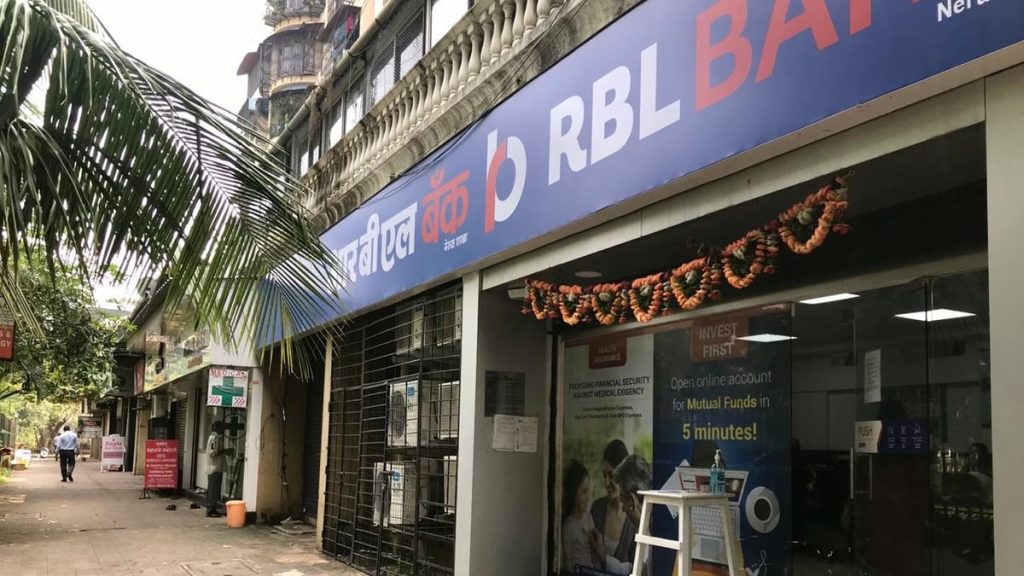With the rise in personal loan growth and the Reserve Bank of India increasing risk weights on such loans to cap delinquencies, this has led several lenders in the industry to tread carefully with this segment. RBL Bank is no exception.
The private sector bank aims to grow its credit card book moderately of about 12-15% in the current financial year, Bikram Yadav, business head, credit cards at RBL Bank, told NDTV Profit.
“The industry is growing about 20-25% and we are planning to grow about 12-15%. We have never been expanding the credit card market,” Bikram said at the launch of IndianOil RBL Bank XTRA Credit Card.
“Fintechs and large banks have been doing that but we have always played it in a moderate zone and will continue to do so.”
While the regulator has given an overall industry-level guidance to moderate the growth in this category, RBL Bank doesn’t want to grow its credit card book as part of its strategy from a loan book size point, Bikram said.
Of the retail advances growth that the bank saw in the quarter ended June, RBL Bank’s credit card book grew 32% on year to Rs 17,394 crore.
“We would moderately grow it. Our change of method is mainly to moderate the growth on credit cards but do more with the customers. We have a base of 5.2 million; we will do more banking products, increase banking relationships with them and continue to have new customer acquisitions at a moderate level,” he said.
RBL Bank today launched a co-branded XTRA credit card in collaboration with Indian Oil Corporation Limited and Mastercard in Leh, Ladakh.
While the base credit card provides UPI features, the ones offered to the premium customer base don’t, as Mastercard does not have UPI-like features. “Only RuPay is allowed to have UPI feature enabled on the card, but there is a market that is expanding for UPI. There is a rise in UPI payments, but there is a significant rise in card payments as well,” Bikram said.
This new collaboration with Mastercard has come as the RBI in July 2021 barred the card network company from onboarding new customers for debit, credit, or prepaid cards due to non-compliance with the storage of payment data norms.
While the RBI lifted its restrictions in June 2022, this move had an impact on several lenders, such as YES Bank and RBL Bank, which were only issuing MasterCard cards before the ban. Citi had also partnered only with MasterCard for its credit cards before the ban.
While the bank refrained from disclosing its share of Mastercard volumes, it said that after the embargo on Mastercard, the bank signed up with Visa Ru-pay offerings.
On RBI’s new rule that allows credit card holders the option to choose their preferred card network, Bikram said that he does not see this as “too much of a challenge to implement as a business,” as the bank would eventually offer multiple network choices to customers in each card category.
Further, the bank is also in the process of integrating with Bharat Bill Payment Services as the biller and would get enrolled in another two weeks, Bikram said.
“I think in another two weeks we should get enrolled with them and till that time all our customers have the choice that they can come on our website and make the payment,” he said.
Starting July 1, the RBI announced that all credit card bill payments through third-party applications must now be routed through the Bharat Bill Payment System, which is managed by the National Payments Corporation of India.
With this move, banks will now have to get themselves integrated with the BBPS platform, as credit card holders from major banks will no longer be able to use third-party applications like CRED, PhonePe, Amazon Pay, and Paytm for settling their bills.
